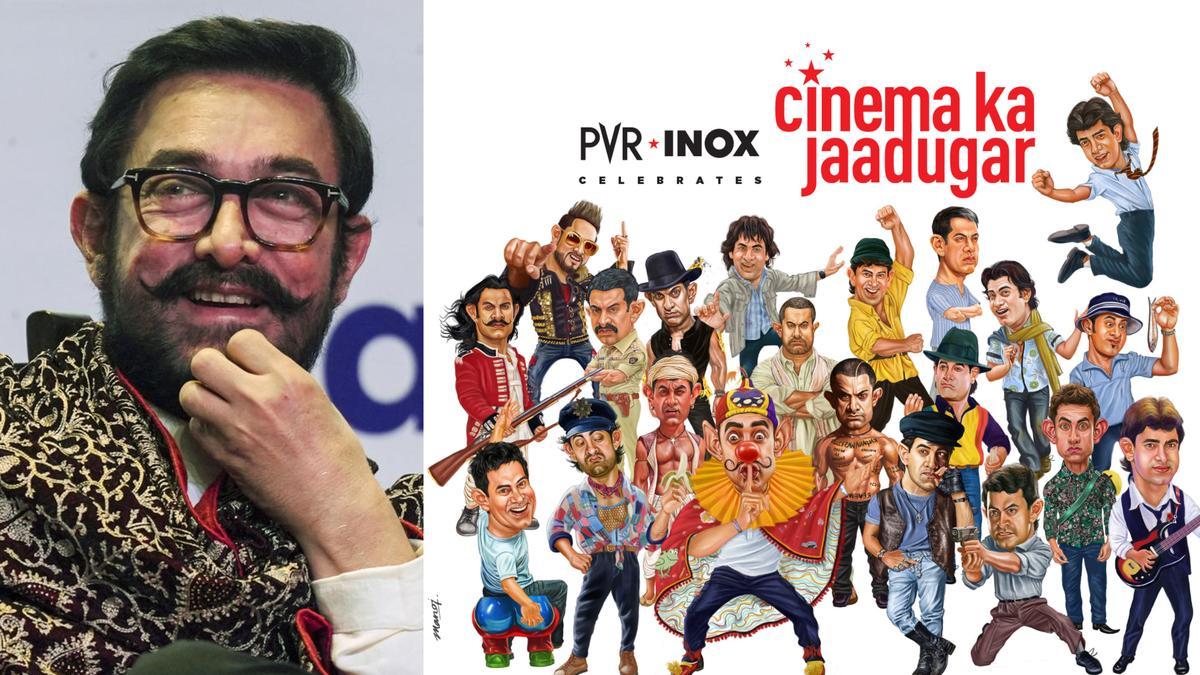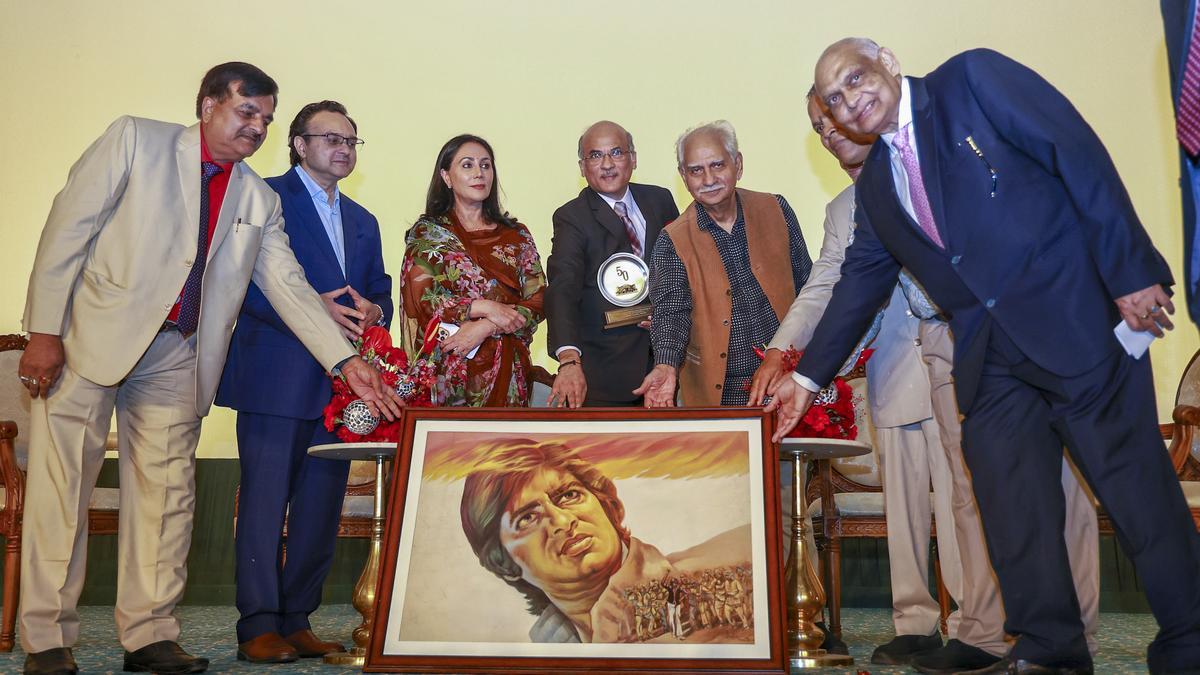
The cricketing journey of Bengal’s seasoned batter, Manoj Tiwary, came to a nostalgic close as he donned his playing kit for the final time during a Ranji Trophy match against Bihar. After an illustrious 19-year career with Bengal, Tiwary has hung up his boots and stepped away from the crease, leaving behind a legacy of being one of the most accomplished run-scorers in the domestic circuit.
As he bid adieu to the sport, Tiwary didn’t shy away from raising pertinent questions surrounding his cricketing odyssey, particularly seeking clarity from none other than cricket legend MS Dhoni. His inquiry pertains to an unsettling decision made back in 2011: despite a stellar century that showcased his potential, Tiwary found himself inexplicably dropped from the playing XI. “I would like to ask Dhoni why I was dropped from the playing XI in 2011 after scoring a century?” Tiwary expressed his puzzle during a felicitation ceremony at the Calcutta Sports Journalists’ Club.
The bitterness of unfulfilled potential lingers, as Tiwary contemplates how his career could have soared akin to contemporaries like Rohit Sharma and Virat Kohli. The sight of others getting ample opportunities only adds to his feeling of melancholy. Beyond his personal grievances, Tiwary pointed out a concerning shift in focus among the younger cricketing talents, highlighting a growing IPL-centric mindset. He observed that young players often neglect domestic cricket, with some even opting to travel to places like Dubai during breaks rather than participate in the prestigious Ranji Trophy.
This new trend, according to Tiwary, is undermining the significance of India’s prime domestic tournament. His outspoken nature on this matter recently led to a 20 per cent deduction of his match fees after a social media post, showcasing the tightrope that athletes walk between expression and repercussions.
Conversations sparked by Tiwary’s comments may have indirectly prodded the Board of Control for Cricket in India (BCCI) into action, as they issued directives for centrally contracted players to appear in the Ranji Trophy, perhaps indicating a fresh concern for the tournament’s declining gravitas, especially among those with flourishing IPL careers.
In an era where the Indian cricket landscape is heavily influenced by the dazzle of the IPL, Tiwary’s wistful insights draw attention to the subtle erosion of foundational cricketing institutions. His critique extended beyond the pitch, alluding to the governance of BCCI itself, which he perceives as politically rather than sportsperson-driven—an ecosystem shift he regards with both caution and dissatisfaction.
Despite being aligned with a political party, Tiwary underlines his identity as a sportsperson first and foremost. His objective, even as he steps away from the field, remains steadfast: to advocate for the Ranji Trophy’s much-deserved recognition and fortification in the face of shifting priorities.
Through his farewell, Tiwary has not only marked the end of his batting innings but has also struck a poignant chord about the changing ethos of Indian cricket. Questions about leadership decisions, the weight of domestic cricket, and the intersection of sport and politics linger in the air, sparking reflections and conversations on the direction in which the beloved game is headed.










